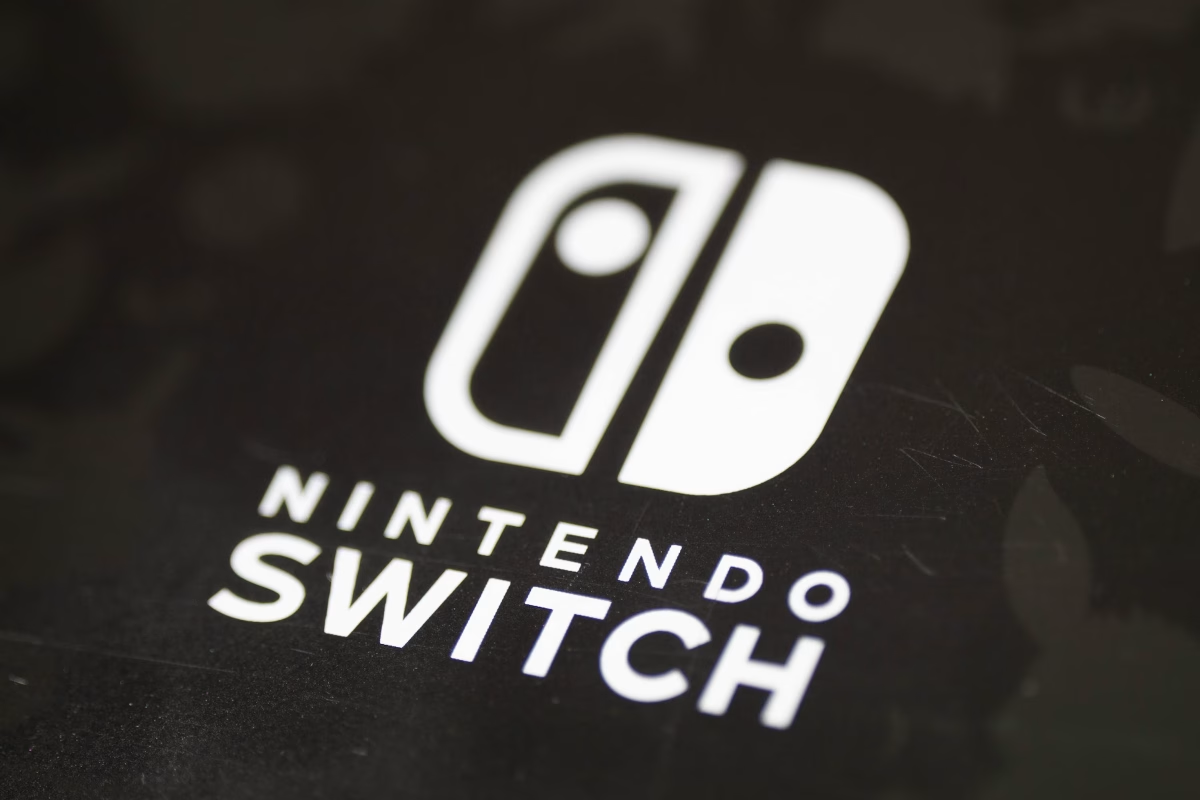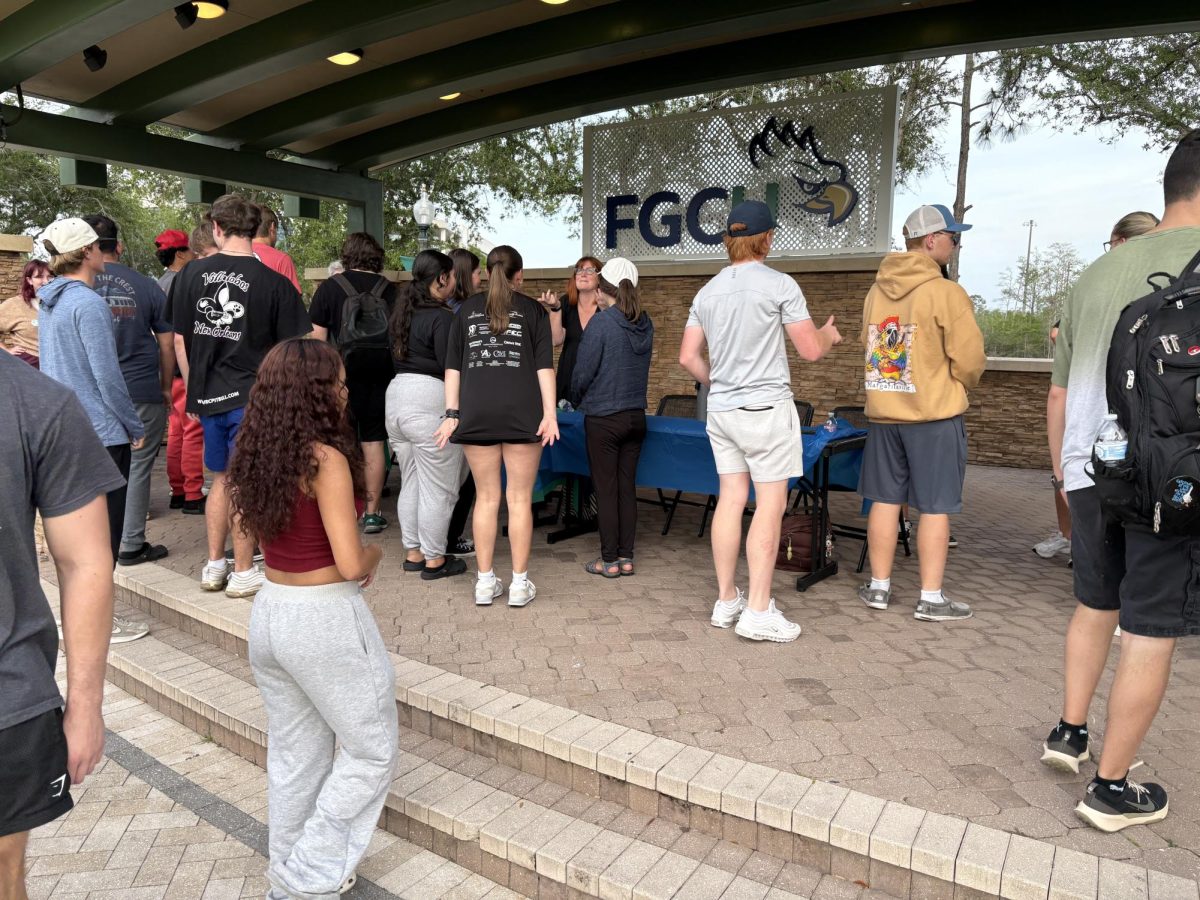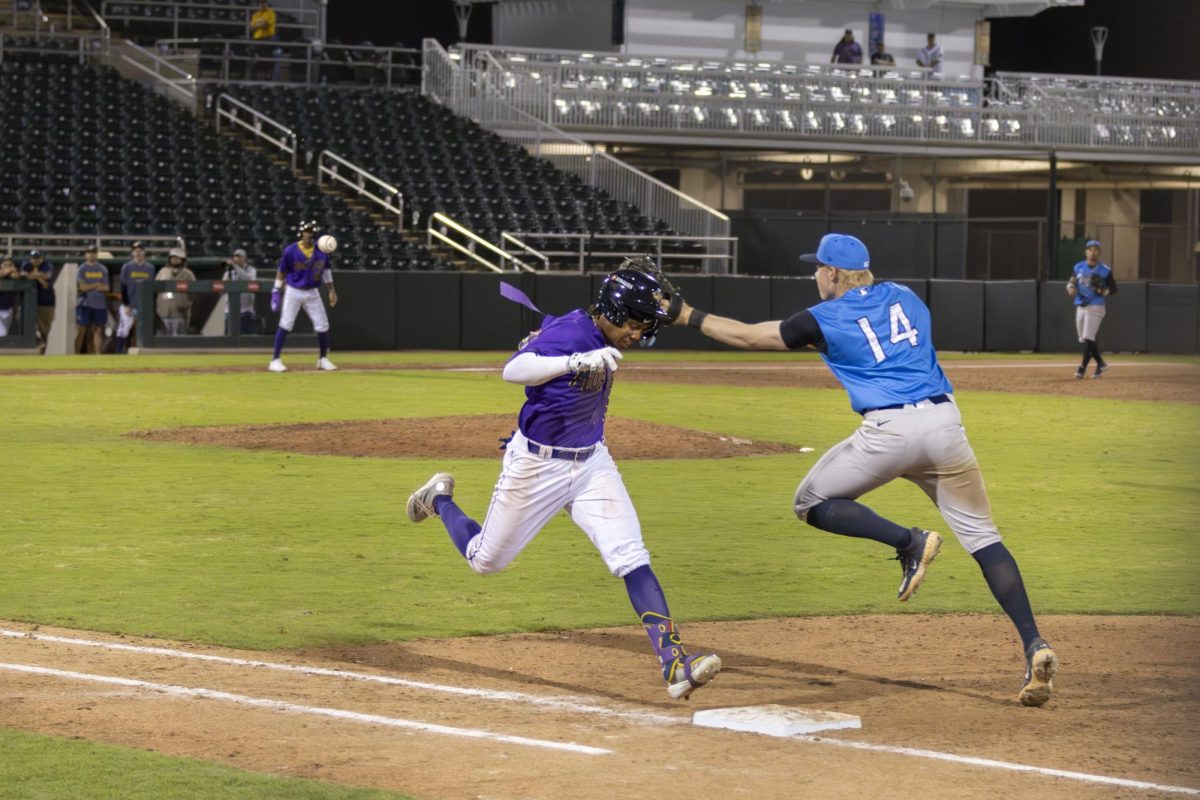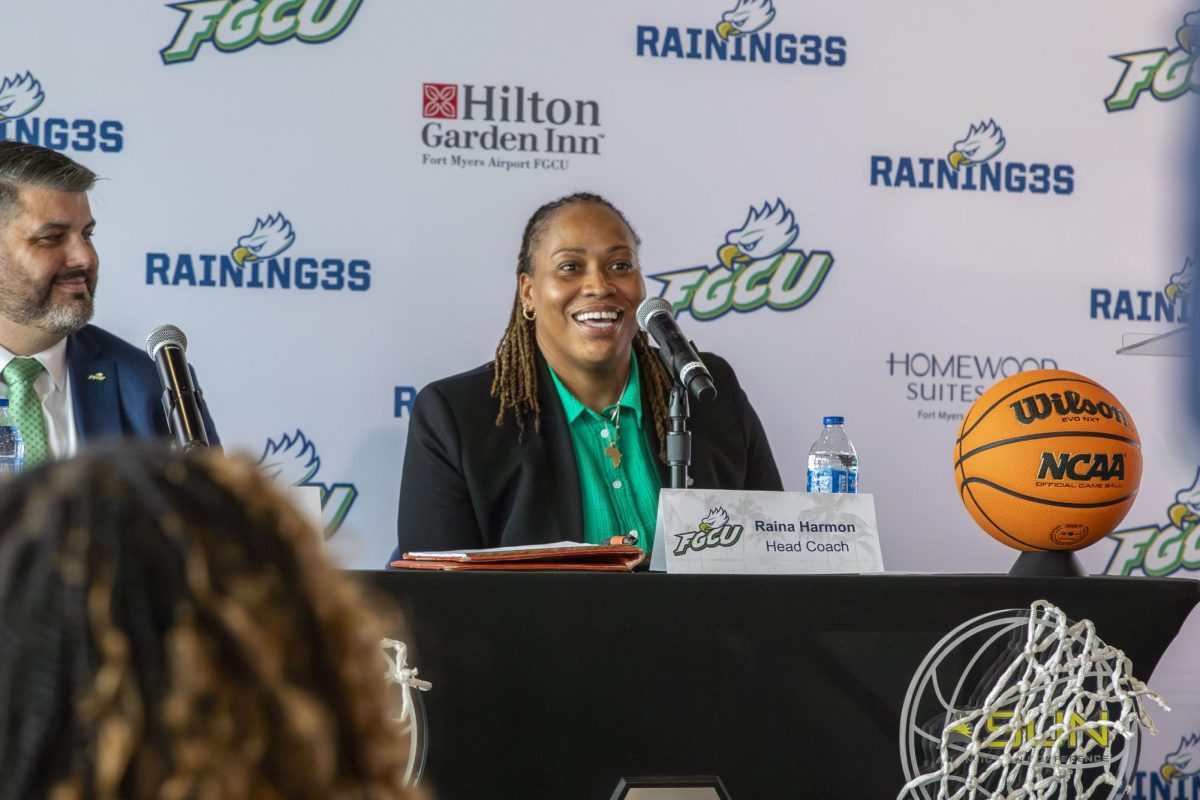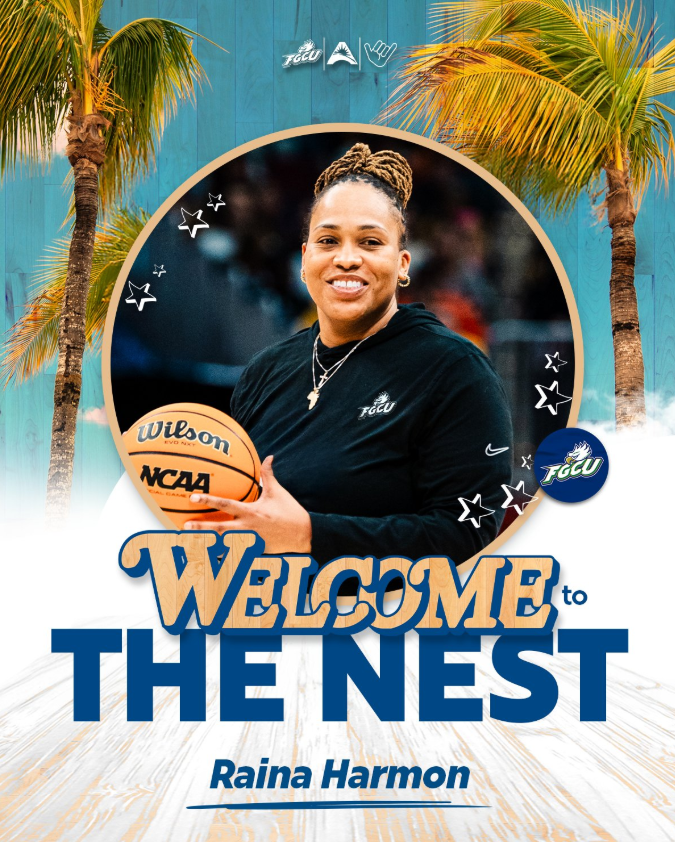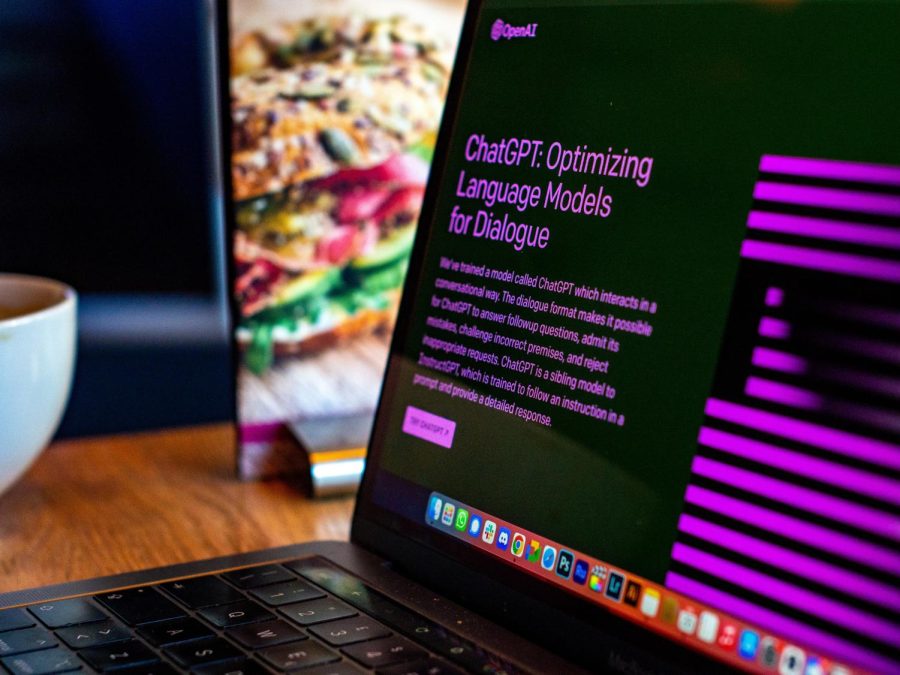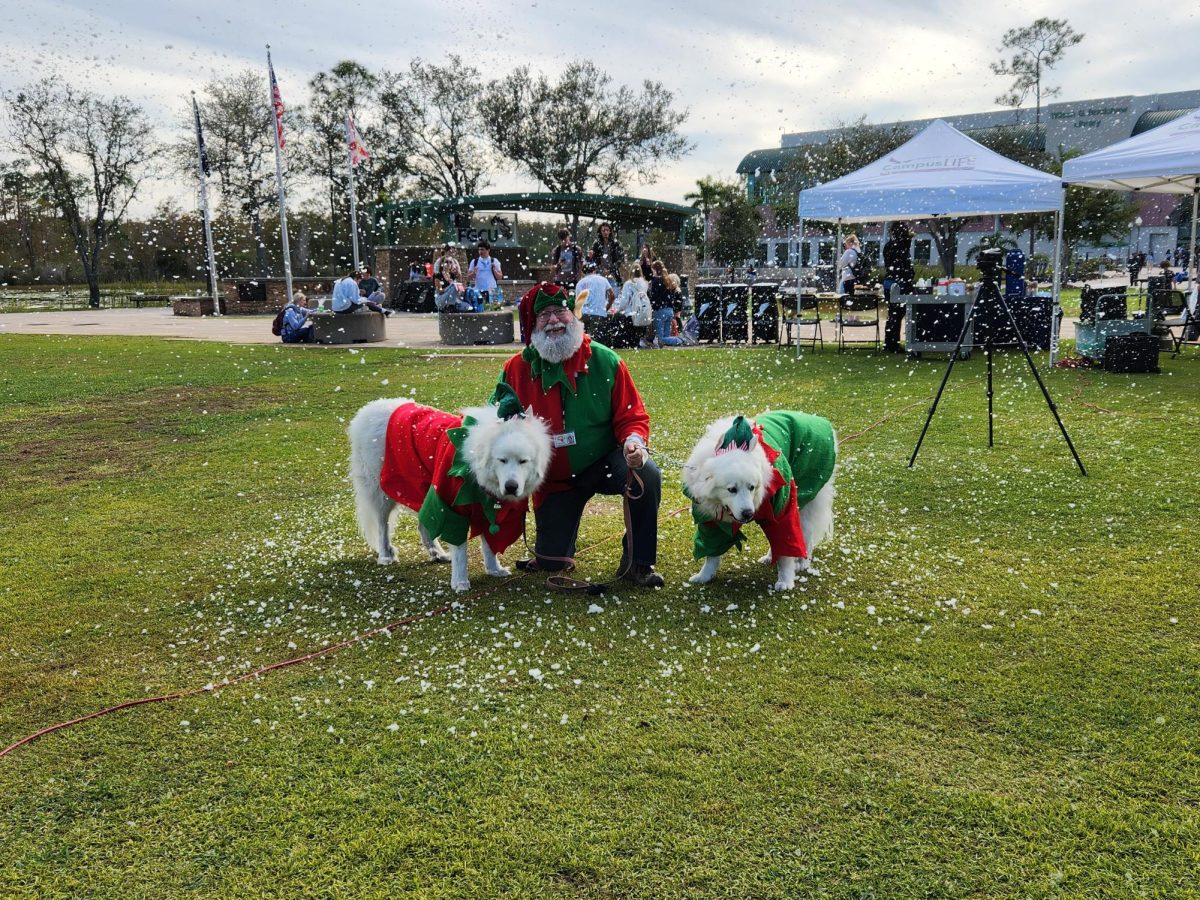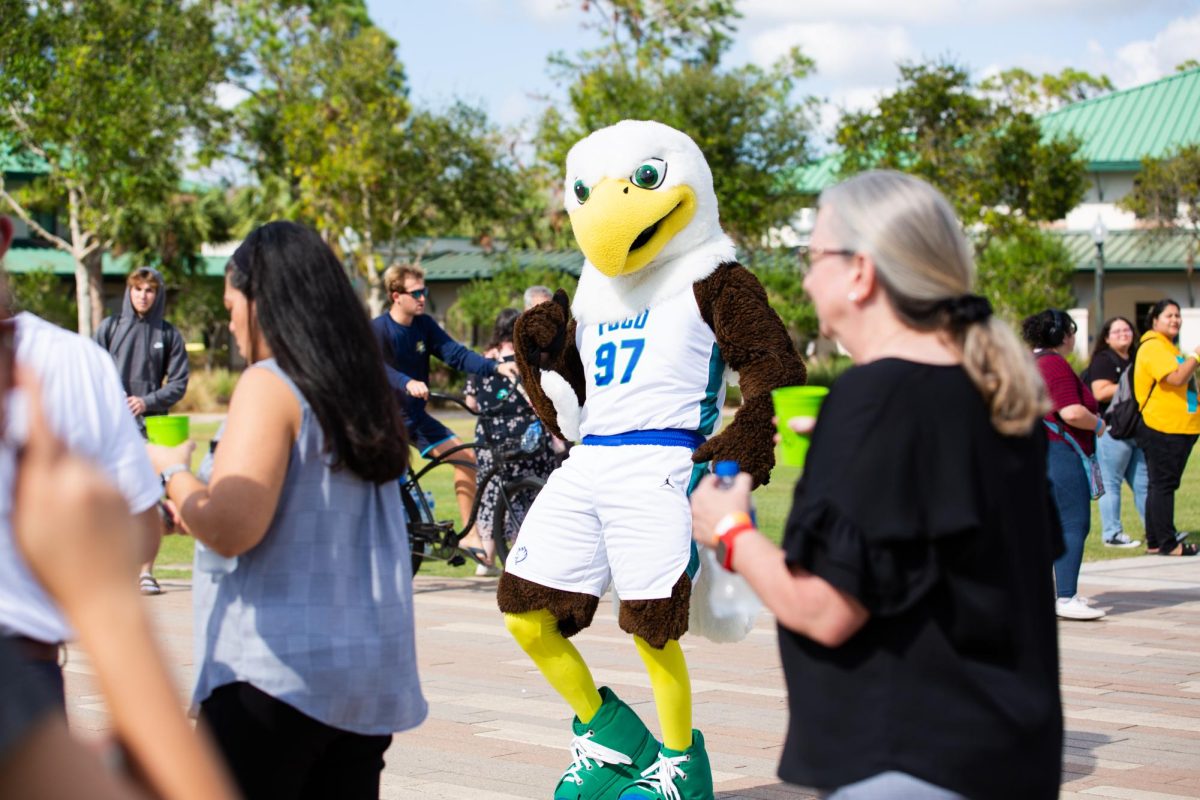When the globally anticipated Pokemon Go app first launched, FGCU alumnus Jeffrey Shafer was anything but privy to the idea of running after alternate reality monsters, let alone knowing that the game even existed days after its release. It was during a visit to downtown Fort Myers that he noticed the impact the game had on the community around him.
“I was wondering what these people were doing walking around and staring at their phones,” Shafer said. “My friend walked out on the street and almost got hit by a car, so we were kind of making fun of it.”
Shafer, a 28-year-old FGCU graduate with a degree in communication with a concentration in public relations, asked the first question that would propel his efforts in creating a social app for Pokemon Go players. He noticed trends in media headlines; lone players were going out to catch Pokemon and being robbed or “discovering weird things.” His friends explained to him that since the app did not offer a way to connect with other players, they were left to their own devices.
Enter Poke Trainer, a free iOS social app for Pokemon Go players to meet one another in real life.
“I was hoping to create a platform for (players) to go out and to do this together because you were having to travel … that was kind of the cool part about it,” Shafer said. “It was getting the millennials to go out to parks and places that they don’t really go too often, and I thought that was interesting and intriguing.”

The building block for Poke Trainer began with the idea to create a location for people to meet. That was until Shafer found that there were many areas of “high interest,” such as parks, stores and restaurants.
“I kind of morphed the idea into, ‘Why not have a social app similar to a Tinder … where this was more about having anyone from a casual gamer to someone who is totally obsessed … to be able to find someone who is comparable within their level or experience or even to just try to make a new friend,” Shafer said.
With about $300 and 1,000 likes on the, at the time, unnamed app’s Facebook page in just three days, Shafer invested in his Poke Trainer idea and sat down with Peter Ocsody, the co-founder of Rocket Lounge in downtown Fort Myers, to talk about the app’s potential for success.
“I explained to him my idea, and he thought it was an idea that he would be interested in entertaining,” Shafer said. “But, I wasn’t to the point (he wanted), to which he said, ‘Come back to me with a prototype if this is something that you want to do.’ That’s when I started researching someone to do contract work for me.”
Deciding that he would rather work with a contractor inside the United States, Shafer brought Dustin Allen, the CEO of the business app Bare Labor, onto the team. Together, the two worked a combined nearly 30 hours a week on design concepts and 90 hours a week on coding the app. Apart from his time spent on the app, Shafer also worked as the marketing director for Pediatric Dentistry of Ft. Myers.
Poke Trainer has only been out for about a week, and Shafer is currently focused on gaining increased users in Fort Myers and bigger cities such as Boston, New York and Chicago.
“I plan to roll out additional releases (once users are generated) where the people that connect with one another can actually choose locations to go out and meet up at, like a Starbucks or a Panera. Once they’ve gone and met up at these places so often, they’ll receive a reward somehow,” Shafer said, noting that he would need business cooperation in order to make the rewards a reality.
Shafer explained that the features in a user’s profile on Poke Trainer can link them with other players of the same interests, cultivating a similarity-based friendship. Users are able to avoid being paired with incompatible players, to which Shafer familiarized to meeting someone with an overbearing love for the NFL.
“I know when I get paired up with somebody who is obsessed with football, I’m like, ‘Ah, give me a break, who cares,’” Shafer said. “If you are paired similar to someone that’s within the same experience level or interests then you may have a better time bonding either with them or playing the game together.”
When players first open the app, they will be given the option to link their account with their Facebook or Google profile or use their personal email account to log in. Players are then asked three questions: “What team are you?”, “How hardcore do you play?” and “How would you like to hunt?”
The Poke Dashboard features tabs that show players their friends list, a city-based chat room and chat history, pending friend requests, health stats and settings.
Shafer hopes for the Poke Trainer style of social apps to be integrated into other apps similar to Pokemon Go.
“That’s where I was hoping that this idea would stem something much larger and eventually take the platform that I have developed with Poke Trainer and evolve it into the other A.R. games as they come out over time,” Shafer said.
Glancing at the next two months, Shafer hopes to be funded by a venture capitalist. As users grow, Shafer plans to bring new updates with the next version of the app, along with an Android version in the making.

